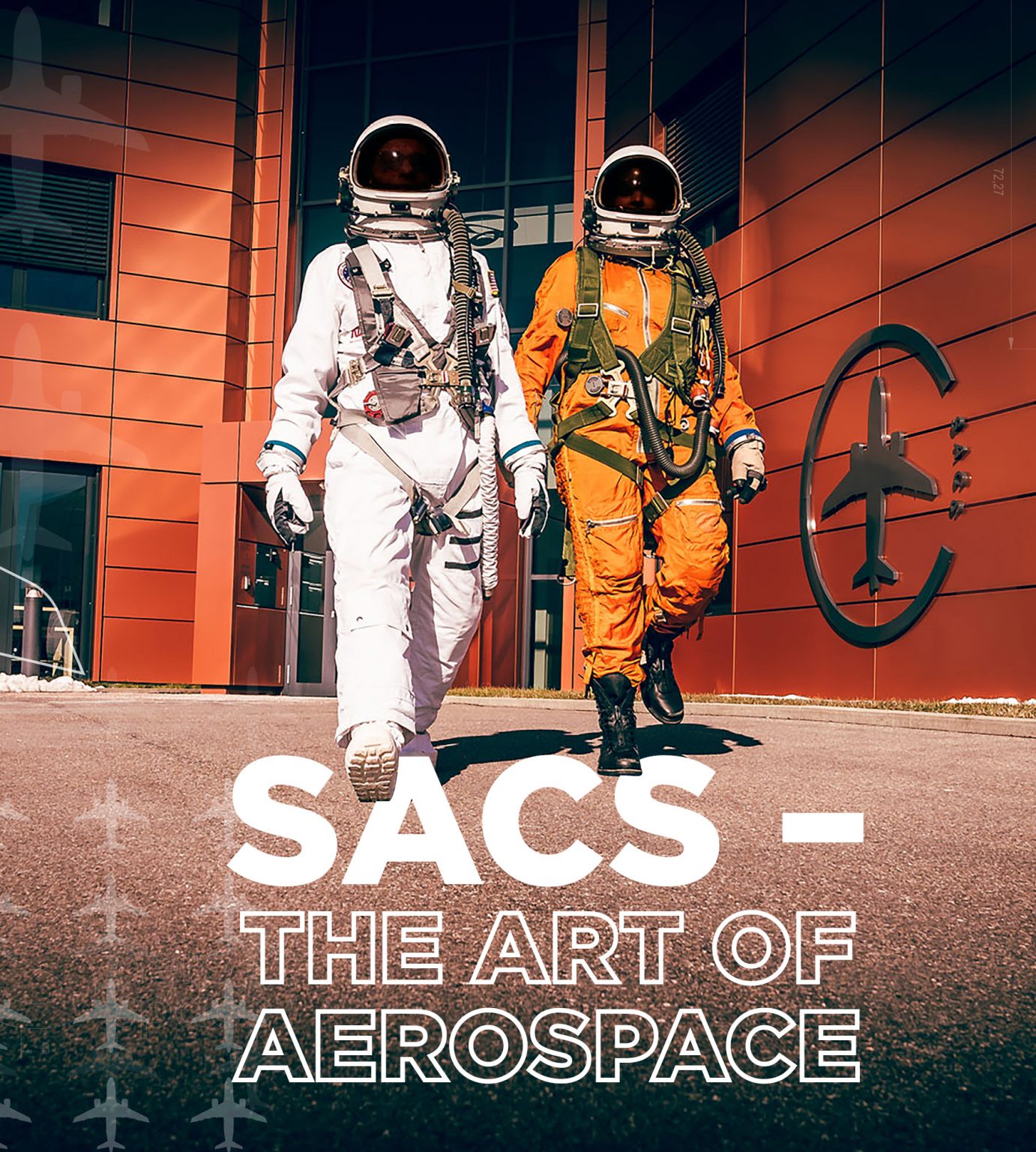Whenever a passenger sets foot aboard an Airbus aircraft and takes in their new surroundings, the chances are that a huge part of what they can see has been crafted by Diehl Aviation, explains the company’s CEO Jörg Schuler.
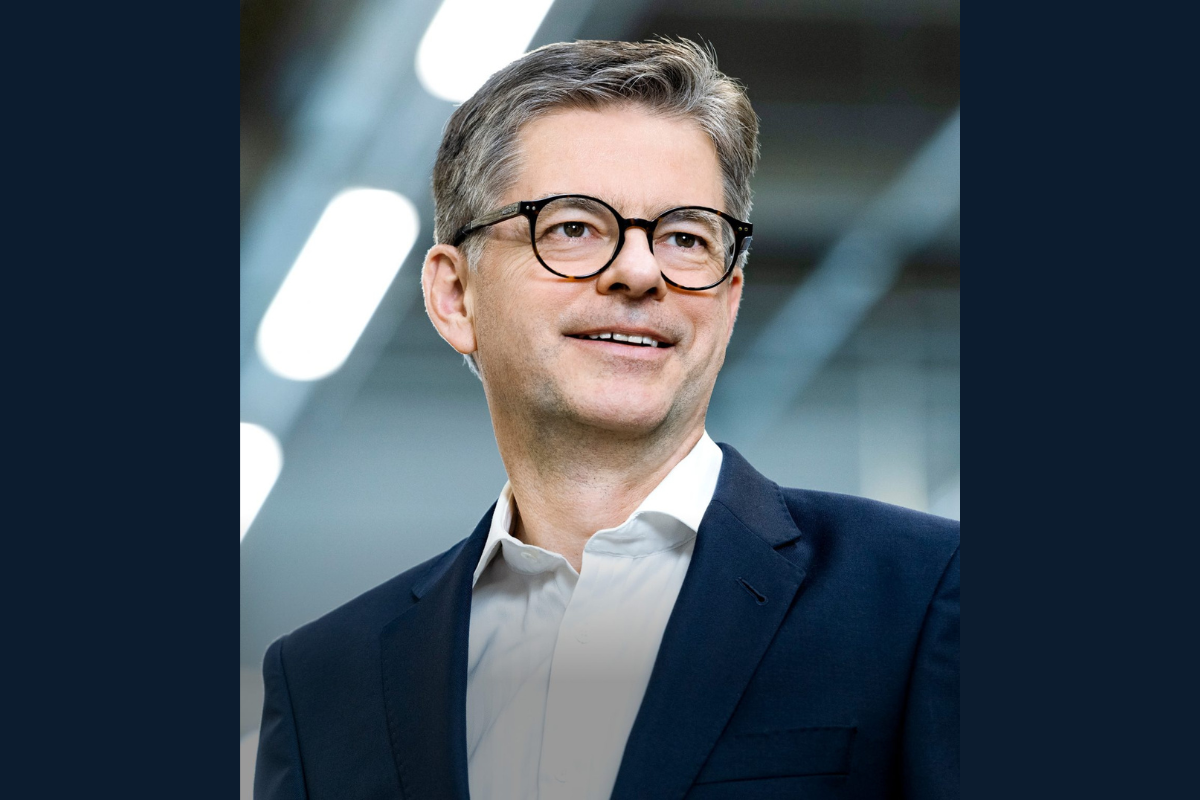
“It depends on which aircraft you enter, but we are doing, for example, the full floor-to-floor for the A350. So, when you sit and look around, it’s nearly everything you see,” he tells The CEO Magazine.
“Onboard the A350, the sidewall panels, the overhead bins, the ceiling, the lights. Everything that is around you is Diehl.”

In addition to that, the company manufactures stowages, partitions, cabin electronics, avionics, and water and waste systems for civil aircraft. Its major customer is the European aircraft manufacturer Airbus.
“The reality is that many passengers, when they enter an aircraft, don’t know whether it’s an Embraer, whether it’s an Airbus or whether it’s a Boeing,” he continues.
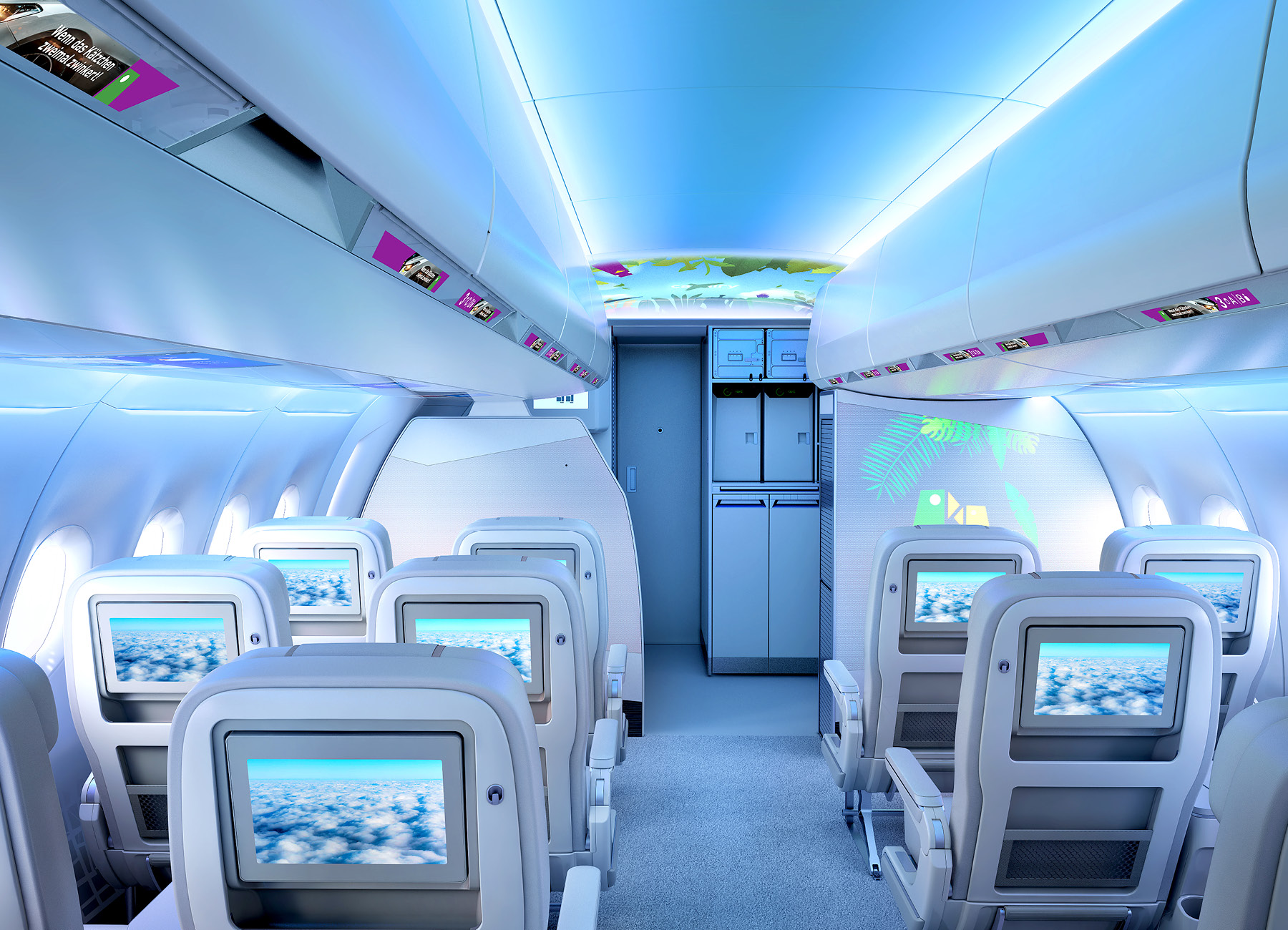
The experience of the travel is all around the cabin – the features, the appearance, the lighting, the feeling and the spaciousness.
“But in the end, the experience of the travel is all around the cabin – the features, the appearance, the lighting, the feeling and the spaciousness.”
This is where Diehl Aviation excels, with a robust product portfolio that essentially offers all aspects of a cabin.
A perfect fit
Taking on the role of CEO in November 2022 represents a step up for Schuler, giving him his first full profit-and-loss responsibility and the chance to really test his entrepreneurial mettle.
“In my former roles I managed a cost center with a budget. Now I’m responsible for the whole value chain, selling, producing and maintaining at the end of the day,” he expands.
“It’s a fantastic opportunity to grow personally, but also to learn something new and experience a different type of leadership responsibility.
“Running an organization of 4,500 people, being responsible, also socially responsible, for those workplaces and securing business, it’s a great challenge for me, which I like, and which was one of the reasons I joined.”
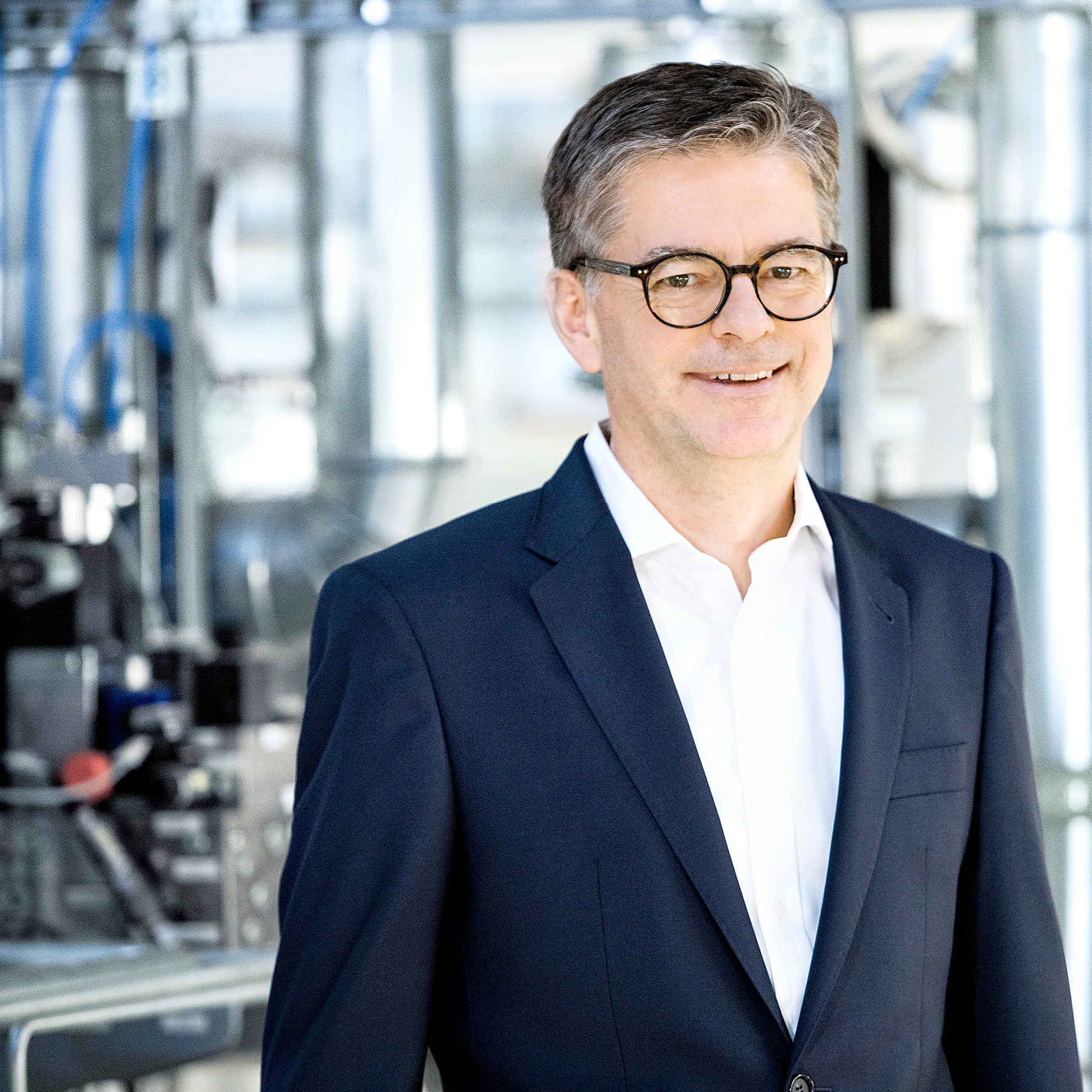
It’s a fantastic opportunity to grow personally, but also to learn something new and experience a different type of leadership responsibility.
Diehl’s management team knew Schuler from his nearly 30 years at Airbus, and so they knew they were signing up an expert who fully understood the cabin end-to-end in every aspect required of such a business.
“I think I bring a strong vision for the field out of my former roles that I can use to drive the business of Diehl further,” he says confidently.
Expanding vision
There’s stiff competition in the cabin segment, and Schuler admits Diehl Aviation is “highly dependent” on Airbus, with the companies sharing a long intertwined history.
“The Diehl facility I’m sitting in right now was owned by Airbus,” he says.
“Our facilities in Laupheim and Hamburg for interiors have an Airbus history. Diehl Aviation acquired those companies in 2008 and 2010 respectively.”
The relationship with Airbus is deeper than with other original equipment manufacturers (OEMs) because of this history, Schuler explains. His ambition, therefore, is to diversify.
“I want to win work packages on other OEMs, being Boeing, Bombardier, Embraer or eVTOL [electric vertical take-off and landing] manufacturers,” he says. “For me, that’s a huge opportunity. We have some business in lighting, cabin management systems, avionics and in water waste systems for instance, but the classic cabin, not as much yet.”
That’s largely because companies like Boeing tend to conduct such work in-house. But occasionally they tender, creating an opportunity for Diehl to get a foot in the door.
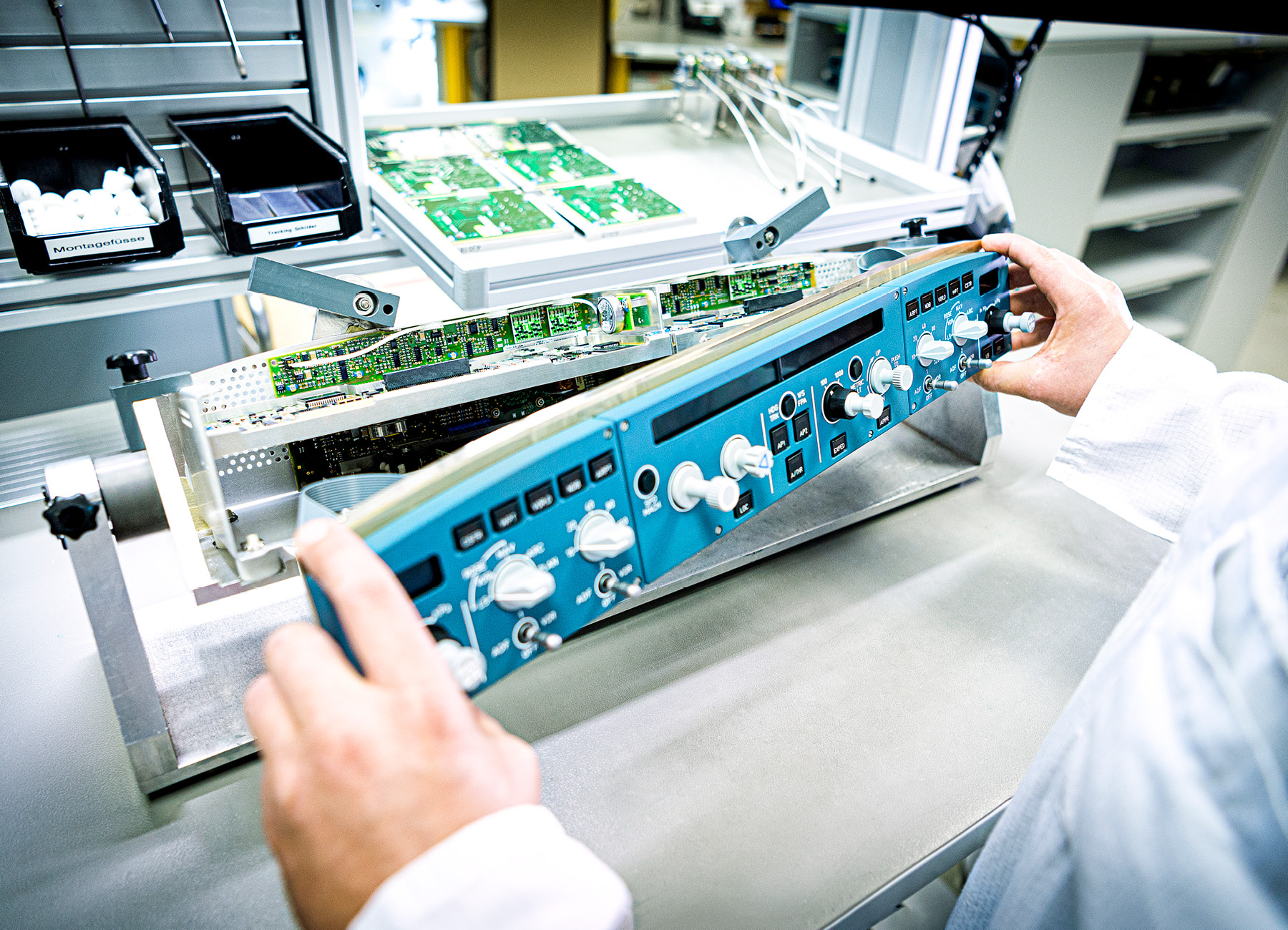
I’m really looking toward the Americas for the reason of customer proximity, but also to explore new opportunities to lower cost and become more competitive.
The company is also seeking to expand into electric vertical take-off and landing aircraft, with it already involved in Lilium, Volocopter and the CityAirbus NextGen.
In order to do so, Diehl must first undertake two major transformations, according to Schuler.
“One is to become more customer-centric, which means coming closer to, for example, Boeing and Embraer,” he reveals. “This means we would need a footprint in Americas, that’s what I’m looking for.”
Currently quite “German-centric”, he concedes, Diehl has seven production plants in Germany and one in Hungary, along with several international customer service and sales facilities. But Schuler believes a stronger presence on the other side of the Atlantic would put the company closer to potential new customers.
“On the one hand, I’m really looking toward the Americas for the reason of customer proximity, but also to explore new opportunities to lower cost and become more competitive,” he explains.
“That would be to the benefit of all aircraft manufacturers, be it Embraer in Brazil, be it Boeing in the United States, be it Bombardier in Canada or be it Airbus in the United States or Canada.”
Refreshing potential
With aircraft cabins requiring frequent refreshes, Schuler also sees the upgrade business as an important focus for Diehl.
“The beauty in the cabin business is that an aircraft is renewed with a cabin three, four, five times in its life, so that upgrade business is a great opportunity, which we also want to grasp,” he confirms.
As a rule of thumb, such upgrades are required on average around every seven years, he explains. Its flying fleet now extends to more than 10,000, so supporting airlines in upgrading these aircraft represents a significant area of growth.
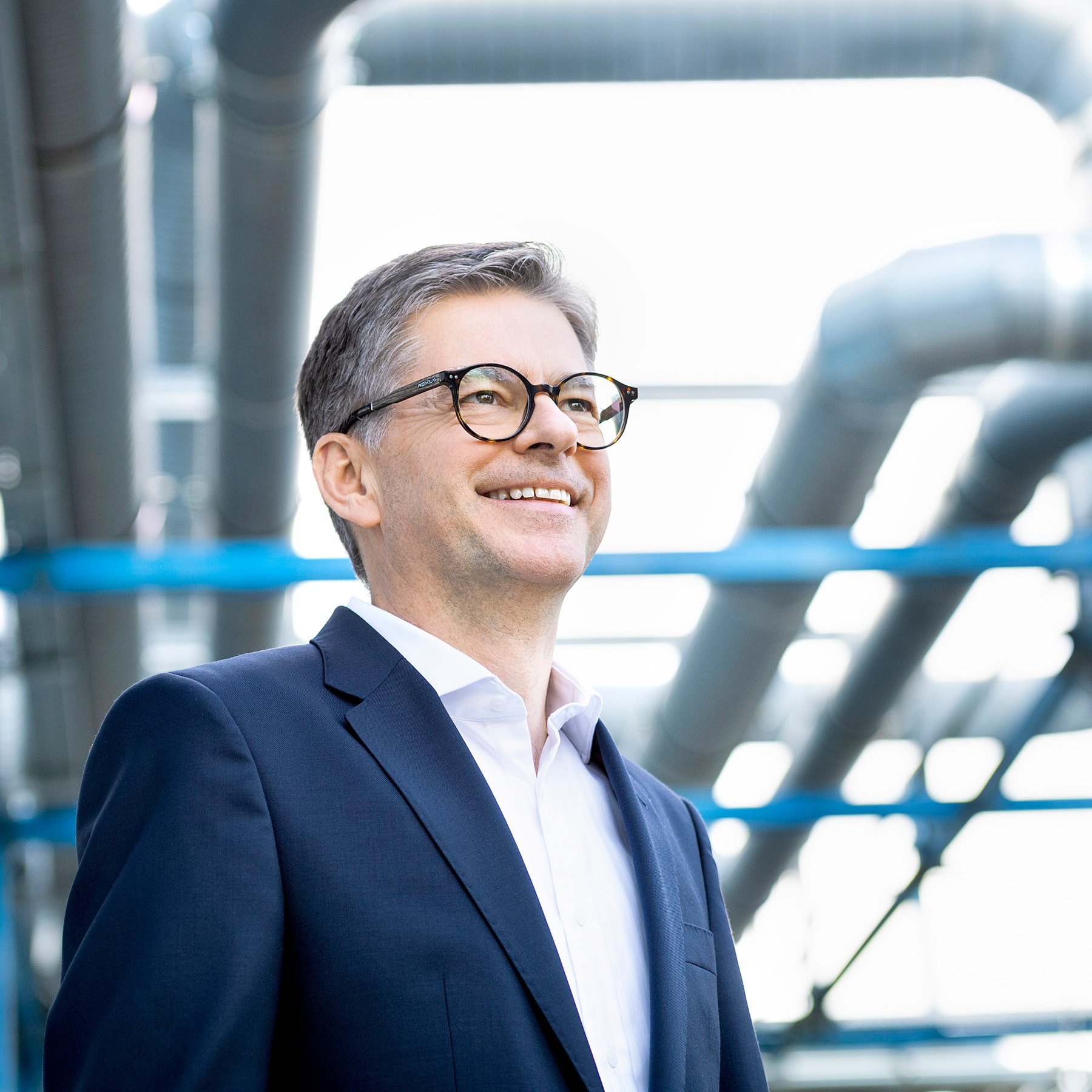
By being a lightweight expert, we are contributing to sustainability.
With sustainability now an important business consideration, Schuler is also committed to establishing Diehl’s position at the forefront of the trend. The company is already an expert in lightweight design and is innovating in new materials.
Partnerships with companies such as SACS Aerospace are also driving it forward in this area.
“The lighter your cabin, the lighter your aircraft, the less fuel is consumed,” he stresses. “So by being a lightweight expert, we are contributing to sustainability.”
Cabins are also becoming increasingly intelligent, and Diehl Aviation is driving the evolution of this “connected cabin”. The future will see the introduction of predictive maintenance, controllers in galleys, intelligent seats and linings with integrated functions, according to Schuler.
“With our capabilities in cabin management systems, we are also able to satisfy the trend of a connected cabin and even be able to offer services around this,” he says.
With all this in mind, Schuler is seeking to defend Diehl’s existing business as an incumbent supplier, delivering operational excellence as it also targets growth of at least 50 percent over time.
“Not too fast, because if you’re growing too fast you end up with the problem of marketing well, but you don’t deliver,” he reflects. “That’s not what I want to do.”
IN COLLABORATION WITH
Sacs Aerospace
An aerospace company focused on flexibility and customer proximity to support its quality engineering and manufacturing.
Read More
